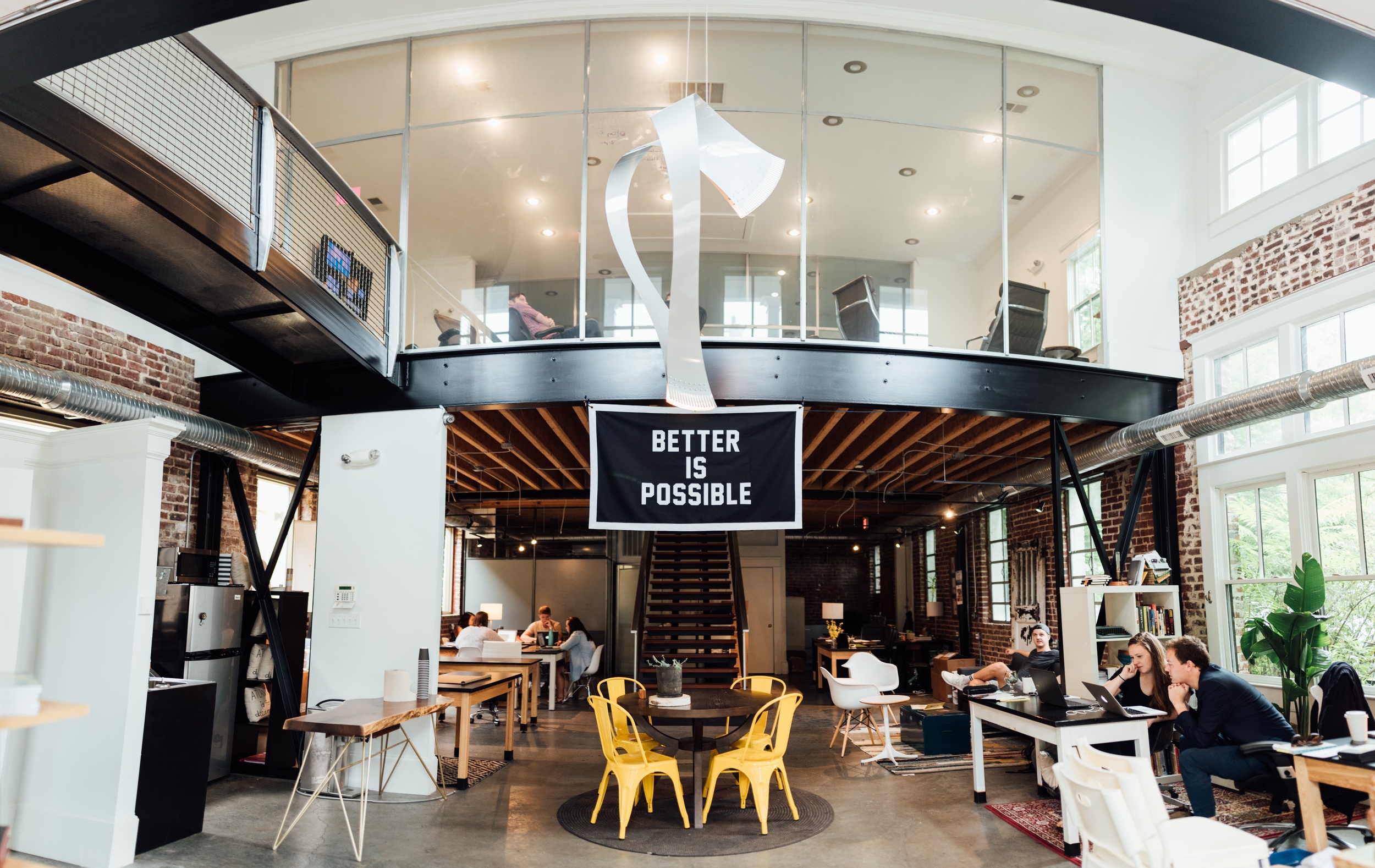One of the most important roles of HR is to offer support and solutions in order to increase the employees’ motivation and results. In fact, I do believe the most common phrase I have heard in the past 5 years, when talking to managers, is: “How can you help me have an engaged and professional team?”.
I have been so focused on delivering this kind of results, that I did not stop to think of the needs of the HR specialist, who, also a human, tends to have the same type of problems as their colleagues: how to keep their motivation, how to become better at what they do, how to get the best results possible.
This idea was brought to my attention by a colleague of mine, who is a marketing specialist. It took me by surprise that I had not thought of it before. Because in my (privileged) capacity of external HR Consultant I had multiple occasions to work with internal HR Specialists and Managers, and see also their frustrations and their need for support and acknowledgment.
So, I would like to make this article about them. Not about what one can do to help HR professionals do their jobs better - this can be a topic for another time - but about their needs and feelings.
One of the greatest frustrations I have felt personally (and also know that it applies to almost all the HR people I have worked with), is the fact that, being a support function, we are not really allowed to make decisions. We make recommendations, we come up with ideas and solutions, but, in the end it is up to the manager (from top management to first line management) to implement it.
So, since I have not met many managers who acknowledge this responsibility as their own, we are faced with the most common, and maybe, the most frustrating challenge of HR: we talk to the people, give them “hope” that things can be changed and ideas on how to do it, but then, not much does change. So the blame falls on the person who made the promises, but didn’t actually have any power to implement them.
HR can influence people, but they cannot make the change by themselves. This is, I believe, the primordial need of HR: the support of the management to implement all the good ideas they bring to the table (I am not suggesting that all our ideas are good; just that the good ones need support). It is sort of ironic, that our greatest need is also our main function: we are the support of the managers and of the people, but in order to do this, we need their support also.
So this is, in my opinion, how the managers can keep us motivated:
- They understand that a good HR truly cares about the people, and they allow us to be there for them
- They acknowledge their role as the people responsible to implement the change, and our role as a support for the management
- They acknowledge that they are the ones responsible to motivate their team, and to help them become good professionals, and not HR
- They understand that we are happy when we can be there for the people, and we see how our ideas and recommendations contribute to the wellbeing of our colleagues
- They show appreciation when the HR offers the employees the same attention and the same amount of time we offer to the management
- They understand that HR is firstly about being there for the people and secondly about achieving the KPIs. Because in our profession, the second is not possible without the first.












